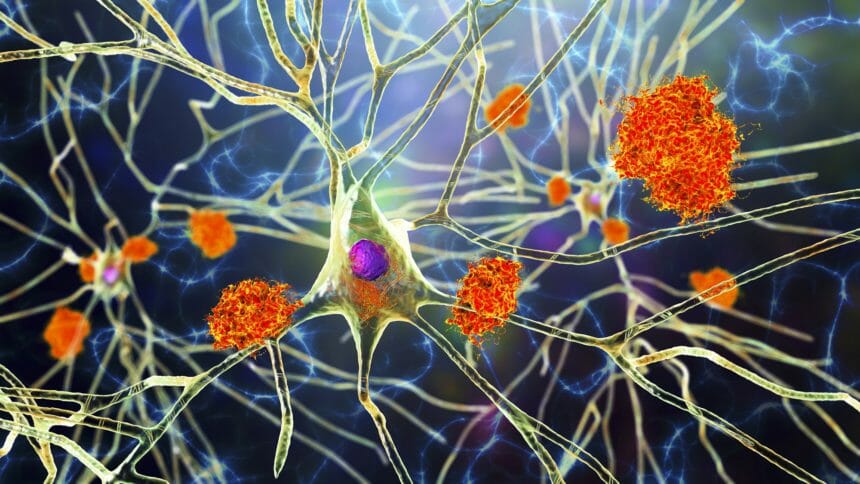
The way doctors diagnose Alzheimer’s disease soon could change. A proposal updating existing diagnostic criteria, which was introduced at the Alzheimer’s Association International Conference in Amsterdam, would incorporate results from biological testing and pinpoint different stages of the disease.
The updates would amend the National Institute on Aging-Alzheimer’s Association (NIA-AA) Alzheimer’s research framework published in 2018. The public can comment on the proposed updates on the Alzheimer’s Association AAIC website.
“A new generation of biomarkers is now available to detect Alzheimer’s disease more and more effectively,” said Charlotte Teunissen, PhD, professor of neurochemistry at Amsterdam UMC, who took part in drafting the new guidelines.
The changes would also include a rating scale that covers biological and cognitive changes. They would use a number-based staging system similar to how cancer is staged. Guidelines would eliminate terms like mild, moderate and severe.
The proposed updates come after an increased number of tests that can pinpoint proteins related to Alzheimer’s disease. Also, some new treatments require that the disease is confirmed with lab tests.
Most importantly, the new diagnostic system will be more accurate while better conveying an individual’s specific disease status, according to Clifford Jack, MD, a doctor with the Mayo Clinic in Rochester, Minnesota, who is the lead author of the report that calls to update the diagnostic criteria.
Maria Carrillo, PhD, chief scientific officer for the Alzheimer’s Association, told Reuters that diagnosing the disease is more personalized, and different biomarkers can indicate different stages of the disease in individuals.
Upon diagnosis, people would get a score from 1 to 7 that’s based on biomarkers and cognitive changes. There are four biological stages denoted by letters from A through D. So a person with Stage 1a Alzheimer’s disease would have biomarkers present but no symptoms, experts explained.
People with the genes that indicate they will have Alzheirme’s would be classified at Stage 0. Stages 4, 5, and 6 would be the same as what’s now called mild, moderate and severe dementia.





